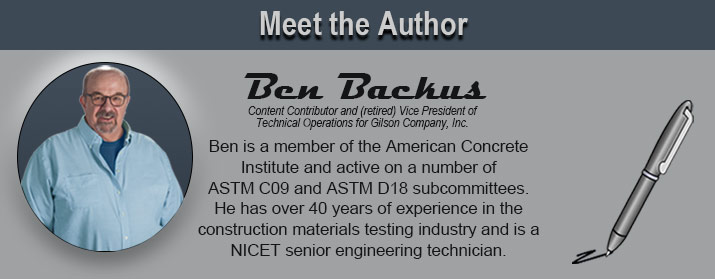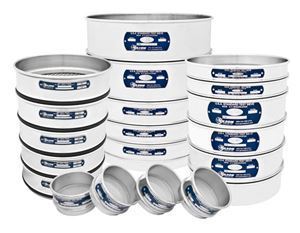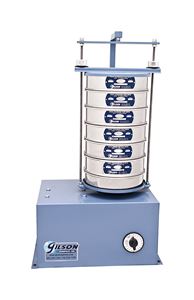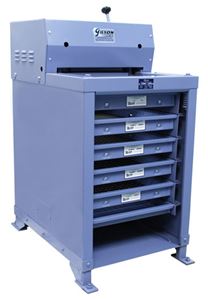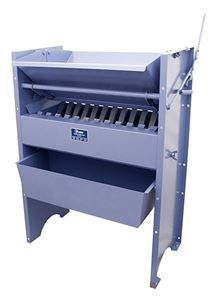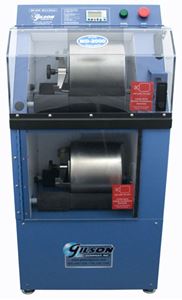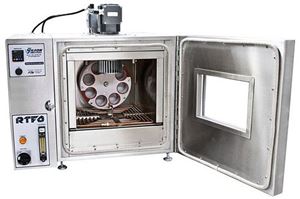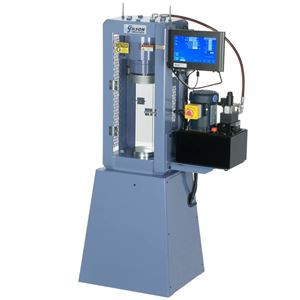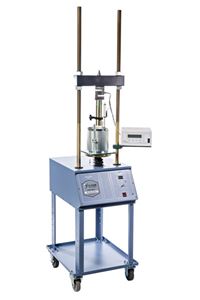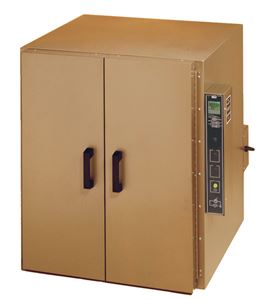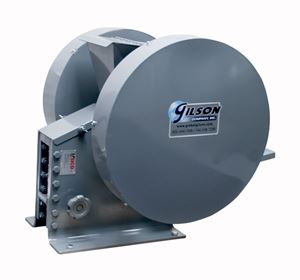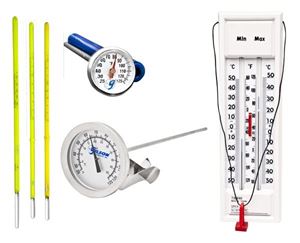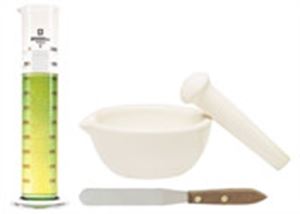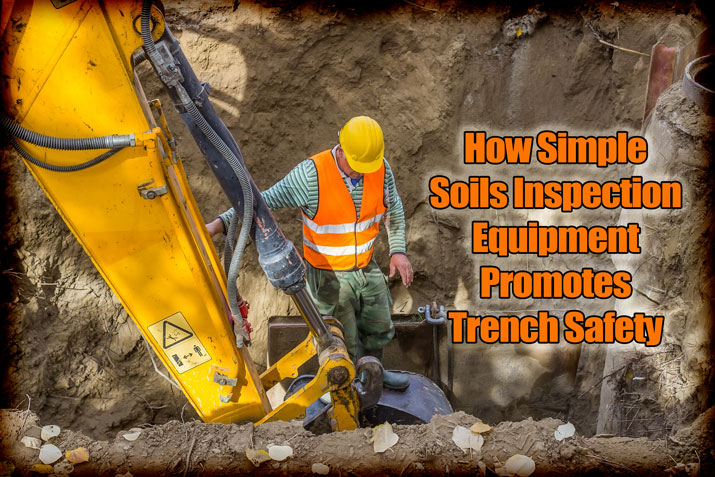
An average of two workers needlessly lose their lives every month in trench collapses, and many more are seriously injured. The Occupational Safety and Health Administration (OSHA) has long worked to reduce this number through training, outreach, education, and procedural requirements. Before entering an excavation, it’s important to evaluate and assess actual conditions based on the requirements of OSHA Publication 29 CFR 1926, Subpart P. Every trench is a potential trap for serious accidents.
There are many aspects to an effective trench safety program, but proper evaluation of soil types and evaluation of their in-place strengths is certainly a key component. Keeping your workers safe begins with a competent person examining soil conditions and performing some simple tests. Information collected in this process can determine critical decisions on characteristics of slopes, benches, and shoring methods. In this blog post, we’ll discuss three small portable devices to help you evaluate soil conditions and significantly reduce the potential for problems.
Pocket Penetrometer
The Pocket Penetrometer is one of the most effective devices for the on-site classification of cohesive soils and is accepted by OSHA for trenching and excavation inspection. This spring-operated device has a loading piston that’s pushed into the soil up to a calibration groove machined on the piston. The permanent scale on the piston barrel reads approximate unconfined compressive strength in tsf (tons per ft2) or kg/cm2.
How it promotes safety: The Pocket Penetrometer provides a quick estimate of in-place unconfined compressive strength of trench soils. In turn, these values and other inspection criteria can be directly compared to the OSHA guidelines to make important decisions about the configuration of the excavation and required shoring and bracing.
We recommend the Gilson HM-500 Pocket Penetrometer. The 1/4in (6.4mm) diameter penetration piston has a machined groove to indicate penetration depth. Laser-engraved permanent graduations on the piston barrel indicate unconfined compressive strength up to 4.5 tsf or kg/cm2. It’s built with a calibrated spring, plated for rust resistance, and is highly portable, weighing in at just 2 oz. (57g). An available Adapter Foot with sixteen times the surface area improves the range and accuracy in very soft soils.
Pocket Geotester
The Pocket Geotester is a penetrometer set that provides data for penetration resistance of soils and estimates of unconfined compressive strength. The large dial scale is easier to read and has finer graduations over a wider range, indicating both total force and unconfined compressive strength. The plunger is pressed into the soil to the calibration groove and the maximum reading is retained on the dial until released by a push button.
How it promotes safety: The Pocket Geotester measures total force and unconfined compressive strength estimates of soils to evaluate excavation conditions. In excavation inspections, it is functionally similar to the Pocket Penetrometer and its values can be used in the same evaluations.
We recommend the Gilson HM-502 Pocket Geotester. The inner scale of the 2.5in (63mm) diameter dial gauge shows estimated unconfined compressive strength directly up to 6 tsf or kg/cm² using the 1/4in (6.4mm) piston. The outer scale shows total force up to 11kg x 0.1kg used to estimate bearing capacities when one of the four other included pistons of 10, 15, 20, or 25mm diameter is used. The additional penetration pistons give readings over a wider range of cohesive soil types.
Pocket Shear Vane Set
The Pocket Shear Vane measures approximate shear strength by pressing a vane assembly into the test area and rotating it until the torsional force shears the soil. The maximum reading is retained by the indicator needle and read directly on the dial. The Pocket Shear Vane has shown close correlations with undrained shear strengths. This instrument is best suited for softer clays and silts with higher moisture content. A set of three different diameter vanes can determine shear values from 0 to 2.5kg/cm². A flat area on the soil surface of about a 2in diameter is all that is required to perform this test.
How it promotes safety: As with the penetrometer devices, the Vane Shear Set is portable, easy to use, and provides on the spot information to make important decisions about soil conditions in an excavation.
We recommend the Gilson HM-504A Pocket Shear Vane Set. This versatile set has a total range of 0.25kg/cm². This handy set includes an all-metal driver, three vanes for different shear strength ranges, and a carrying case with a belt loop.
Keeping your workers safe is a major concern and with the help of some trusty equipment, you can prevent trench accidents from happening on-the-job.
Check out our full line of Soil Penetrometers
Gilson Is Here to Help
Contact our testing experts for more information or to discuss your testing application.
Testing Resources
Standard Test Methods, Specifications, and Practices
Individual test methods and specifications referenced in our product descriptions, blog articles, and videos are available for review or purchase from the professional organizations noted.
- ASTM International (American Society for Testing and Materials)
- AASHTO (American Association of State Highway and Transportation Officials)
- ACI (American Concrete Institute)
- State DOTs (Departments of Transportation)
- ISO (International Organization for Standardization)
- BS (British Standards)
- EN (European Standards)
